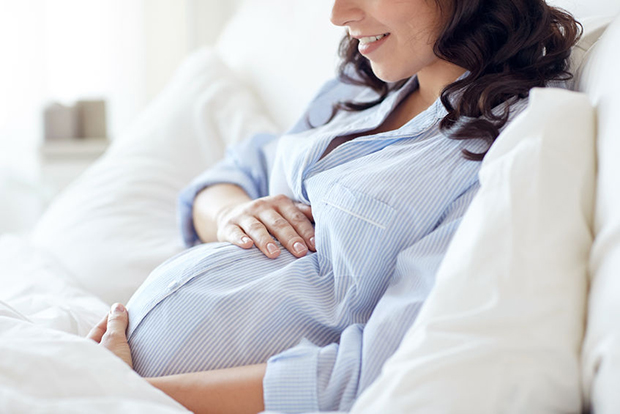Women in the United States are now having more children in their 30s than in their 20s, according to data from the Centers for Disease Control and Prevention (CDC).
The data showed that American women aged 30 to 34 years old only slightly edged women aged 25 to 29 in childbirth. For every 100,000 people, women in their 30s had 103 births while those in their 20s had 102.
A report from Slate stated that this is a first in the U.S., and suggested that based on the CDC data, on average, women in the U.S. now have their first child at age 28. This is later than the 2014 average of 26.3.
Behind these numbers are the declining teen birth rate and new attitudes towards motherhood, especially among “more affluent and highly educated women,” reports Slate. While women delay marriage and having a family to pursue an education and a career, the report also cites factors such as the lack of a “federal paid parental leave policy,” expensive childcare, and better financial stability when they are older, as part of women’s choice to have children in their later years.
An analysis from University of Houston professor Elizabeth Gregory shows that women who had children at 35 years old earned $50,000 a year more versus those who had their first child at 20. Gregory suggested that having a child later allowed women to gain “benefits” such as influence and expertise, which offset the lack of benefits for mothers in the workplace.
However, the delay in childbirth comes at the cost of fertility, with some requiring fertility treatment like drugs or in vitro fertilization, which come at a steep price. In the long run, the U.S. could also see population decline as an issue, which has had a negative social and economic impact on industrialized countries.
Long-term solutions seem to rest in policies that will provide women room to have families and careers on their own terms.
In a Business Insider report, long work hours in Japan strain marriages, in turn affecting couples’ chances of having a family. Traditional gender roles also clash with modern women’s values: women are still expected to do domestic work alone and are less likely to be hired because companies are unwilling to spend for maternity leave.
Japan now has a fertility rate of 1.41, with the aging population outpacing younger generations, leaving the country worrying about its labor force. Niña V. Guno/JB
RELATED STORIES:
Population problems and growth strategies
Japan and its birth rate: the beginning of the end or just a new beginning?
Only in PH: Teen pregnancy rising
S. Korean youth population to be halved by 2060
